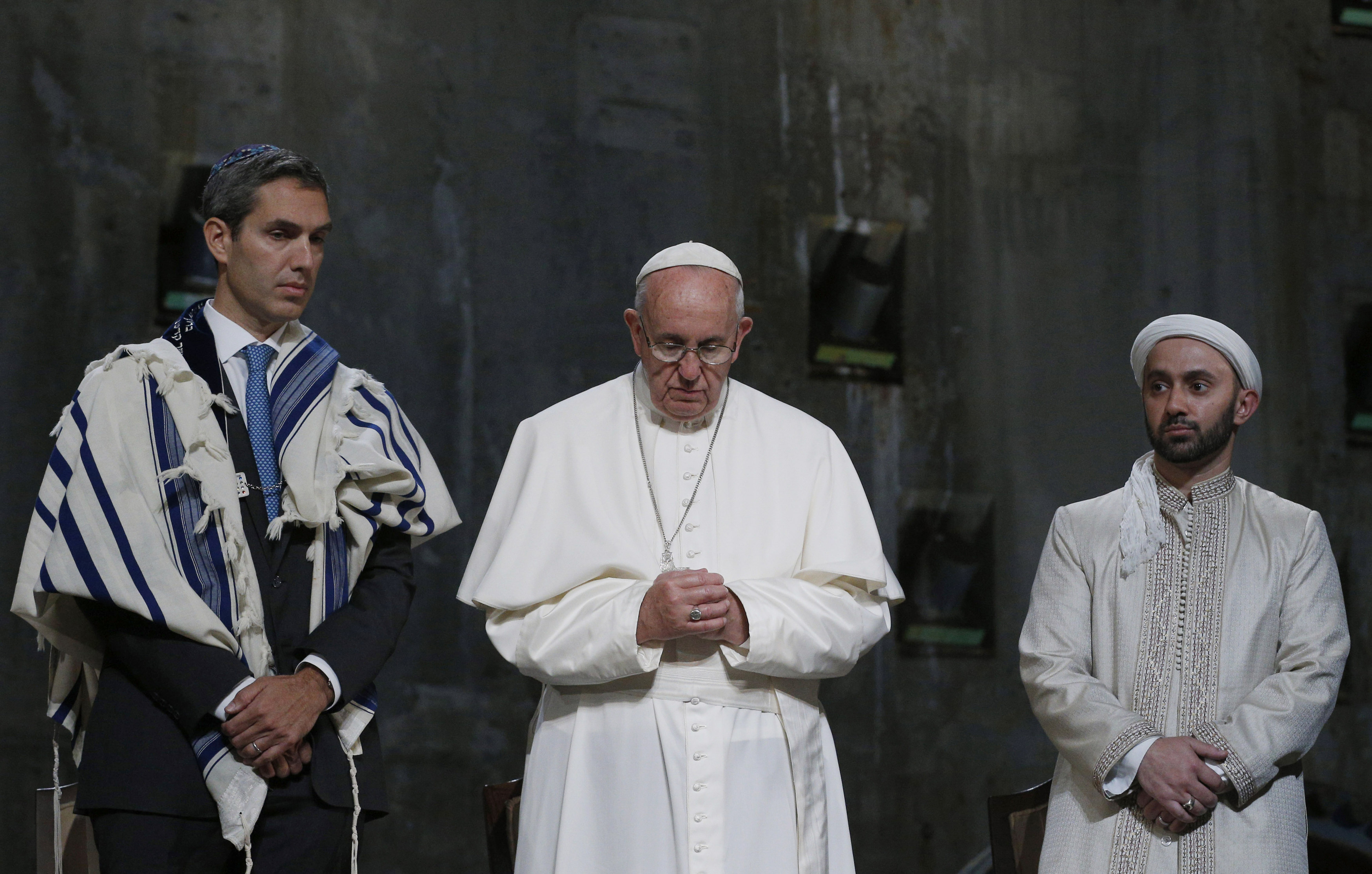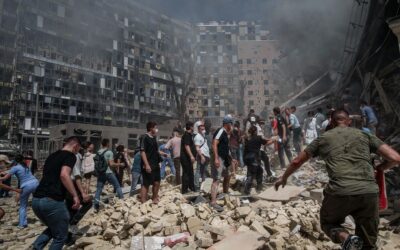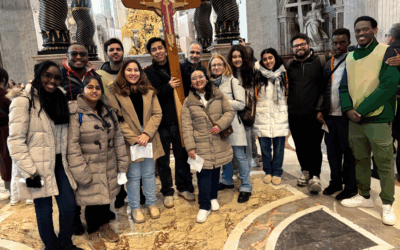 53 years have passed since, Pope Paul VI, 28 October 1965, signed the first historical “Declaration on the Relation of the Church to non-Christian religions,” known as Nostra Aetate (in our time). The Declaration affirms that “The Catholic Church rejects nothing of what is true and holy in these religions. She has a high regard for the manner of life and conduct, the precepts and doctrines, which, although differing in many ways from her own teaching, nevertheless often reflect a ray of that truth which enlightens all men.” But it also underlines that the Church “is duty bound to announce without fail that Christ is the “way, the truth and the life” (Jn 14,6), in him whom God reconciled all things to himself, men find the fullness of their religious life.” The Declaration urges all Christians “to enter with prudence and charity into discussion and collaboration with the members of other religions, while witnessing to their own faith and way of life, and acknowledge, preserve and encourage the spiritual and moral truths found among non-Christians and also their social life and culture.” Read the entire text
53 years have passed since, Pope Paul VI, 28 October 1965, signed the first historical “Declaration on the Relation of the Church to non-Christian religions,” known as Nostra Aetate (in our time). The Declaration affirms that “The Catholic Church rejects nothing of what is true and holy in these religions. She has a high regard for the manner of life and conduct, the precepts and doctrines, which, although differing in many ways from her own teaching, nevertheless often reflect a ray of that truth which enlightens all men.” But it also underlines that the Church “is duty bound to announce without fail that Christ is the “way, the truth and the life” (Jn 14,6), in him whom God reconciled all things to himself, men find the fullness of their religious life.” The Declaration urges all Christians “to enter with prudence and charity into discussion and collaboration with the members of other religions, while witnessing to their own faith and way of life, and acknowledge, preserve and encourage the spiritual and moral truths found among non-Christians and also their social life and culture.” Read the entire text
Work for a united world
Work for a united world




0 Comments